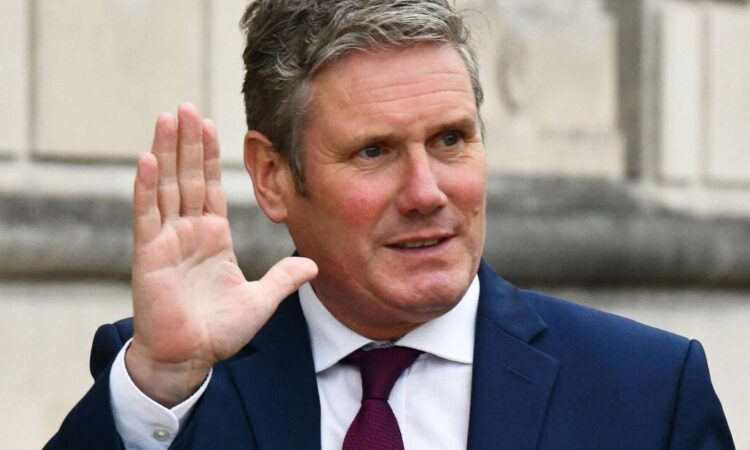
As we move into high summer, the latest macro data suggest global economies may have lost some momentum of late, following an uptick in activity in the spring. If this trend persists, it will bring central banks’ rate-cutting plans into sharper focus, particularly for European economies which have seen anaemic growth in recent times.
The June PMI surveys released at the end of last week point to slowing growth momentum across the key economies, including the eurozone and the UK, with the manufacturing sector, in particular, moving back into contraction territory in many regions.
In France, the added uncertainty of snap parliamentary elections appears to have dampened business sentiment and private sector activity in June, with the fall in the PMIs signalling a muted end to Q2 in the eurozone’s second-largest economy.
Likewise, in Germany, the June PMIs point to flagging activity, unwinding gains in recent months in both the manufacturing and services surveys. If reflected in weaker GDP growth, this should support the case for more aggressive cuts by the ECB, with a general theme to emerge in the June PMI surveys being the continued easing of inflationary pressures on both inputs and output costs.
The UK economy has been a relative outperformer of late, but its PMIs also signalled slower growth in June, with the Composite Index falling to a seven-month low.
Here, the slowing of services sector growth offset a stronger performance in manufacturing, bucking the trend of weaker manufacturing growth among peers. As with the French surveys, politics may be at play, with anecdotal evidence in the PMI release pointing to a temporary slowdown in services sector growth ahead of the UK election on July 4.
More broadly, a decisive result and period of political stability in the UK post-election could be supportive of the economy, with frontrunner Labour’s manifesto marked by a cautious approach to fiscal policy. With a limited number of tax increases and new spending commitments, alongside a focus on growth-enhancing reforms, the change of government might underpin business investment in the UK, which has already been showing signs of recovery.
- David McNamara is chief economist with AIB






